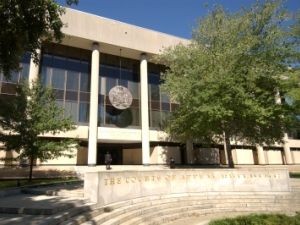I mentioned in a blog post last week that I monitored the conviction of the at-fault driver in a wrongful death car accident case that I have. The case was in District Court in Essex. Judge Martha Russell presided over the case. She’s a new judge and a good one who was obviously very experienced in dealing with criminal cases.
Judge Russell was very patient with unrepresented defendants. She displayed not an ounce of superiority or contempt in dealing with defendants who offered stories that were sometimes worthy of contempt. If you are a judge out there and you are trying to impress me (oh, it is a long line, I’m sure), treat the parties and, if you don’t mind, the lawyers, the same way you would if you did not have all the power in the room. They say you can learn a lot about people they handle adversity. I think you can learn more about someone by how handle power.
Okay, now let’s move on to the actual purpose of this post. I noticed that the defendants at the criminal cases I watched were generally dressed poorly, wearing clothes you should not wear to something that matters. Maybe just as important as wearing the appropriate clothing is wearing it appropriately. A quick tip: it is probably not a sign of respect if you are wearing your pants four inches south of your waist. (Note: I originally wrote this as north which is obviously a typo! A reader corrected me!) If you are trying to show respect, that you are repentant, or even that you are not guilty, it makes sense to dress like you have respect for the court and respect for the process.
Keene Trial Consulting has a post on this subject: Tattoos: When Should You Clean Up Your Witness? Douglas Keene writes that the goal of a trial lawyer in presenting their client is to “help the jury see the witness as ‘kind of like me’ or ‘someone I can trust.'” Continue reading









